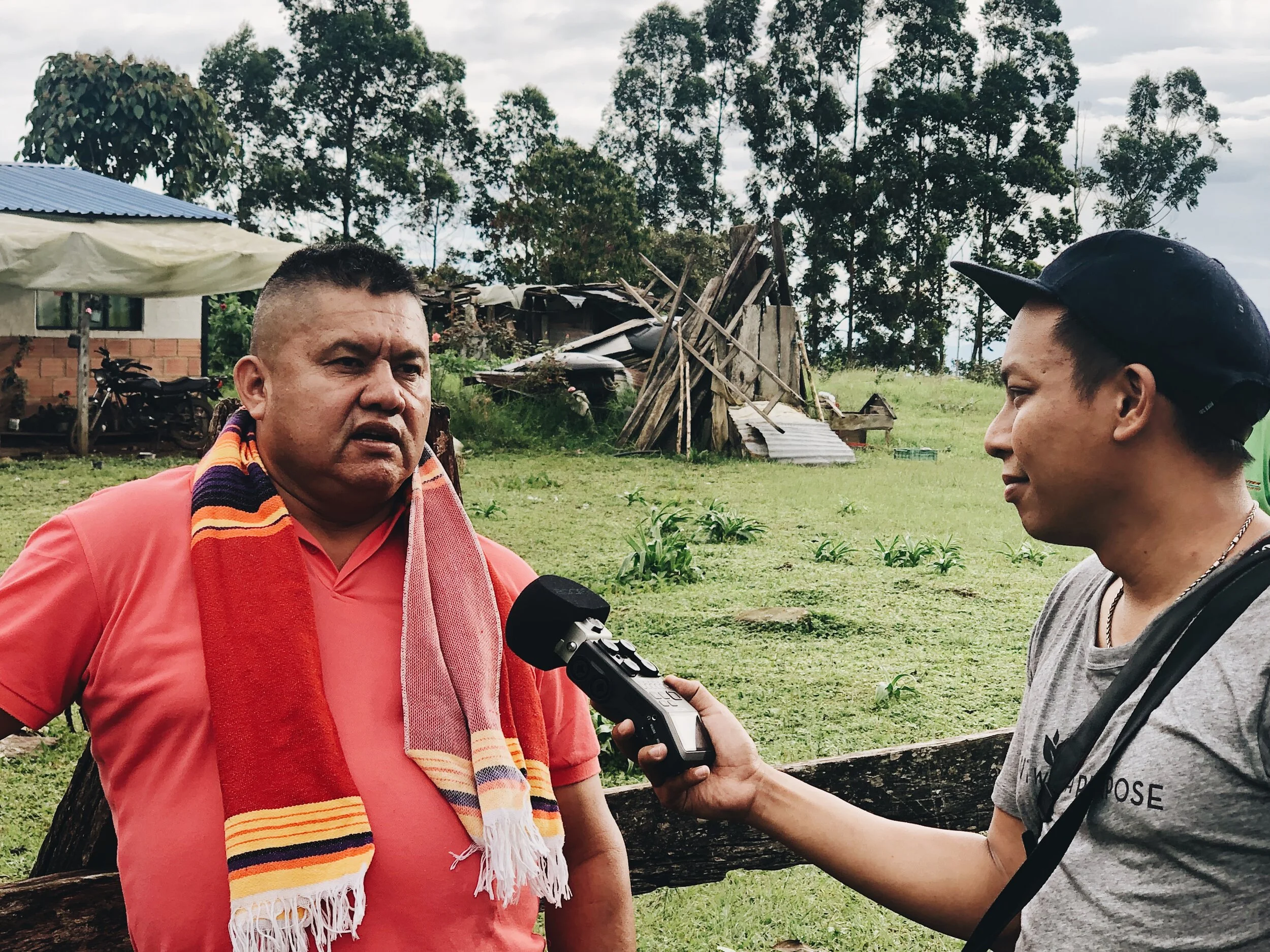Unity. We need it. But also, it’s a loaded concept sometimes, huh?
How can we seek unity in a way that doesn’t undermine justice? A concept of unity that doesn’t address damage done to people on the margins isn’t really unity at all.
I have more questions than answers at this point, but I’ve also been thinking a lot this week about the community in Colombia I had the chance to visit last year. They were torn apart by years of violent conflict, and are have since faced many of the same questions.
🇨🇴🇨🇴🇨🇴
The biggest thing I learned: You can’t have healing without justice.
That doesn’t just mean punishing the “bad guys.”
🌐
It starts with truth-telling and people owning up to the harm that they caused others. I was amazed with how open some former fighters were about the damage they know they caused. Until people are unable to acknowledge how their decisions have harmed others, it holds healing at a standstill.
🌐
It also means creating a system and conditions to prevent a return to violence and harm. I was moved by ordinary people working with the next generation to make it harder for outsiders to recruit them into war.
🌐
It’s a process, not an overnight fix. A former combatant, very eager to start a new life, admitted that forgiveness was at a point too far down the road from where he was right now. But he was taking steps towards being able to physically be around his community again.
🌐
Healing is possible. But it takes time. It takes truth. It takes justice. But it’s definitely possible.




